Equatorial Guinea, a small but intriguing country located on the west coast of Central Africa, is a land of contrasts, rich in natural resources yet facing significant challenges. From its tropical rainforests to its colonial heritage, Equatorial Guinea offers a complex tapestry of culture, history, and politics. In this comprehensive exploration, we’ll delve into the essence of Equatorial Guinea, covering its geography, history, culture, economy, and current affairs.
Geography:
Equatorial Guinea is situated in the Gulf of Guinea, bordered by Cameroon to the north and Gabon to the south and east, with a small coastline along the Atlantic Ocean to the west. The country consists of a mainland region, known as Río Muni, and several islands, the largest of which are Bioko (formerly Fernando Po) and Annobón.
The mainland region of Río Muni is characterized by its dense tropical rainforests, rolling hills, and river valleys. The landscape is dominated by Mount Cameroon, an active volcano that straddles the border with Cameroon, and the Rio Muni River, which flows through the heart of the country.
Bioko Island, located just off the coast of Cameroon, is home to the country’s capital city, Malabo, as well as its largest population center, Bata. The island’s terrain is mountainous, with rugged peaks, steep cliffs, and lush vegetation covering much of the landscape.
Annobón Island, situated further to the southwest, is the southernmost point of Equatorial Guinea and one of the least populated regions of the country. The island is known for its volcanic landscape, pristine beaches, and unique biodiversity.
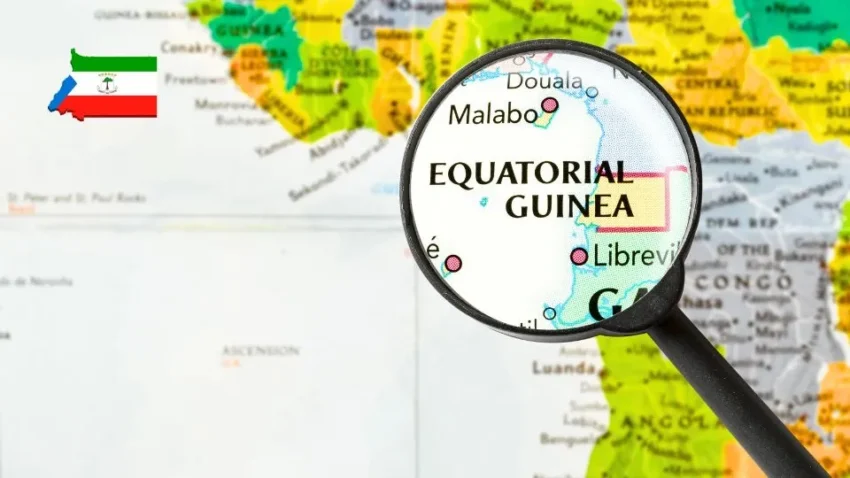
History:
Equatorial Guinea’s history is shaped by its colonial past, ethnic diversity, and struggles for independence and democracy. Before the arrival of Europeans, the region was inhabited by various indigenous peoples, including the Fang, Bubi, and Ndowe, who had established thriving societies and cultural traditions.
In the late 15th century, Portuguese explorers arrived in the Gulf of Guinea and began to establish trading posts along the coast. The Portuguese, along with other European powers, engaged in the transatlantic slave trade, capturing and enslaving thousands of Africans and transporting them to the Americas.
In the 19th century, European colonial powers began to establish colonies in the region, including Spain, which claimed the territory of Equatorial Guinea as a colony in 1844. The Spanish brought Catholicism, the Spanish language, and European customs and laws to the region, as well as forced labor practices and exploitation of natural resources.
Equatorial Guinea gained independence from Spain in 1968, following a long and bloody struggle against colonial rule. The country’s first president, Francisco Macías Nguema, established a brutal and authoritarian regime, characterized by human rights abuses, political repression, and economic mismanagement.
In 1979, Macías was overthrown in a coup d’état led by his nephew, Teodoro Obiang Nguema Mbasogo, who has ruled the country ever since. Despite promises of democratization and economic reform, Obiang’s regime has been criticized for corruption, nepotism, and human rights violations.
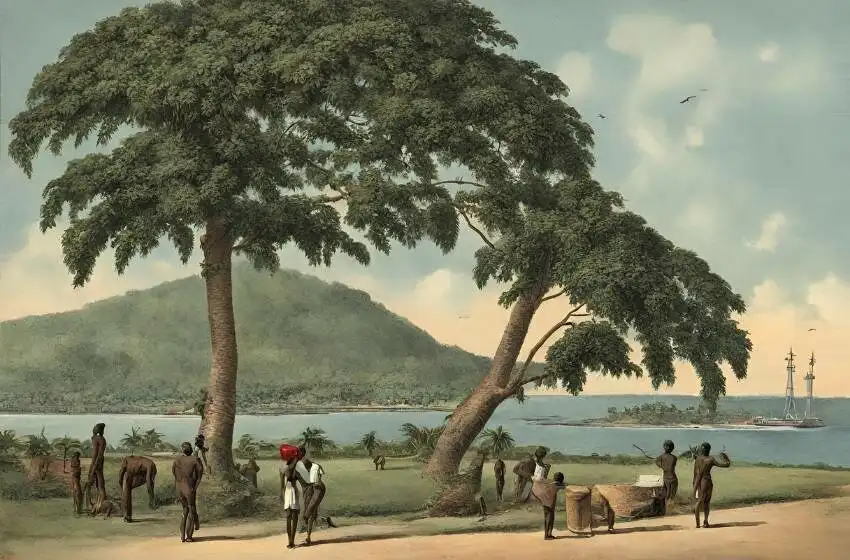
Culture:
Equatorial Guinean culture is a vibrant blend of indigenous, African, European, and mestizo influences, reflected in its music, dance, art, literature, and cuisine. The country’s diverse cultural heritage is celebrated through colorful festivals, traditional rituals, and a strong sense of national identity.
Music is an integral part of Equatorial Guinean culture, with genres such as makossa, soukous, and zouk enjoying widespread popularity. Traditional instruments such as the marimba, balafon, and djembe are commonly used in folk music, while modern styles such as hip-hop and reggaeton are also popular.
Dance is also a cherished tradition in Equatorial Guinea, with styles such as makossa, bantu, and bikutsi being performed at festivals, celebrations, and social gatherings throughout the country. Traditional dances often incorporate elements of African, Spanish, and indigenous culture, reflecting Equatorial Guinea’s multicultural heritage.
Equatorial Guinean cuisine is diverse and flavorful, with dishes such as pescado frito, sopa de pescado, and plátano frito showcasing the country’s culinary traditions. Staples such as rice, beans, plantains, and cassava are commonly used in Equatorial Guinean cooking, while spices, herbs, and tropical fruits add depth and complexity to the cuisine.
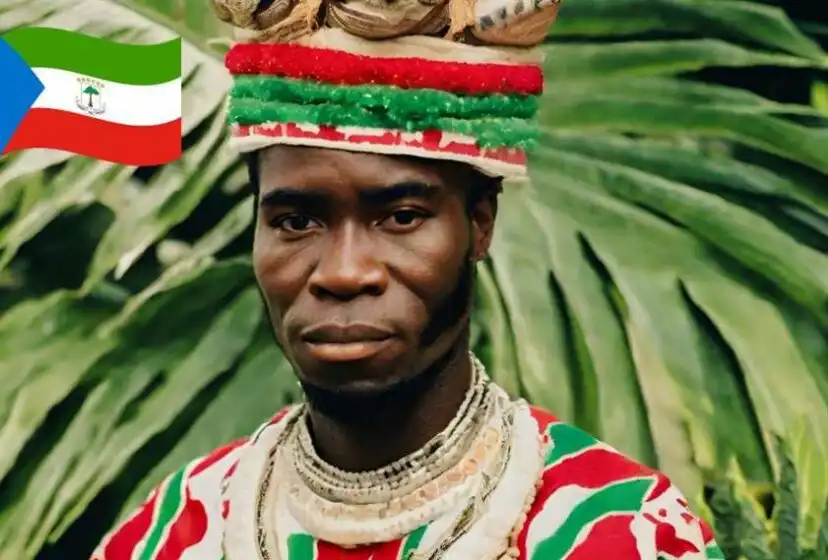
Economy:
Equatorial Guinea has a mixed economy with a heavy reliance on oil and gas production, which account for the majority of government revenue and export earnings. The country is one of the wealthiest in Africa in terms of per capita income, yet it suffers from widespread poverty, inequality, and underdevelopment.
Oil was discovered off the coast of Equatorial Guinea in the 1990s, leading to a boom in foreign investment and economic growth. The government, under President Obiang, has used oil revenues to finance large-scale infrastructure projects, such as roads, ports, and airports, as well as to fund social welfare programs and public services.
However, despite its oil wealth, Equatorial Guinea faces significant challenges in diversifying its economy and reducing its dependence on oil and gas. The country’s non-oil sectors, such as agriculture, manufacturing, and tourism, remain underdeveloped and marginalized, with limited access to capital, technology, and markets.
Equatorial Guinea’s economy is also characterized by high levels of corruption, cronyism, and mismanagement, with the ruling elite siphoning off much of the country’s oil wealth for personal gain. Transparency International ranks Equatorial Guinea as one of the most corrupt countries in the world, with pervasive graft and impunity undermining economic development and social progress.
The most striking curiosities that make unique:
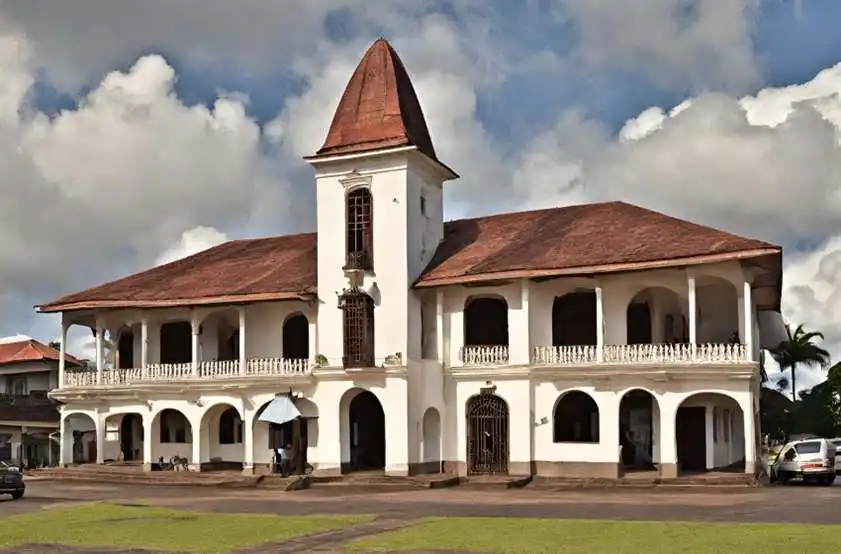
The most touristically renowned places:
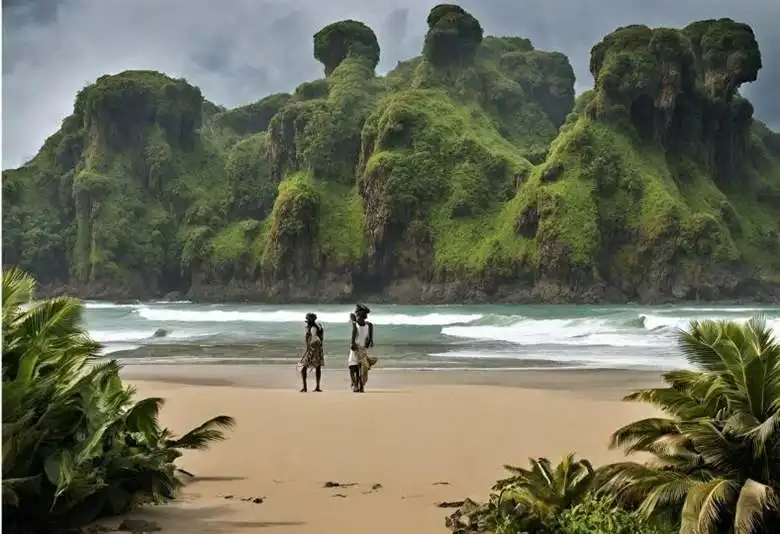
Conclusion:
Equatorial Guinea’s story is one of contrasts, complexities, and contradictions, as the country navigates the challenges and opportunities of the 21st century. Its rich cultural heritage, abundant natural resources, and strategic location make it a unique and intriguing destination in Africa. As Equatorial Guinea continues on its journey of development and transformation, it faces numerous challenges and uncertainties, from addressing political repression and economic inequality to promoting social justice and environmental sustainability. Despite the complexities and hardships, Equatorial Guinea’s spirit of resilience, diversity, and hope shines brightly, inspiring both its citizens and the world at large.


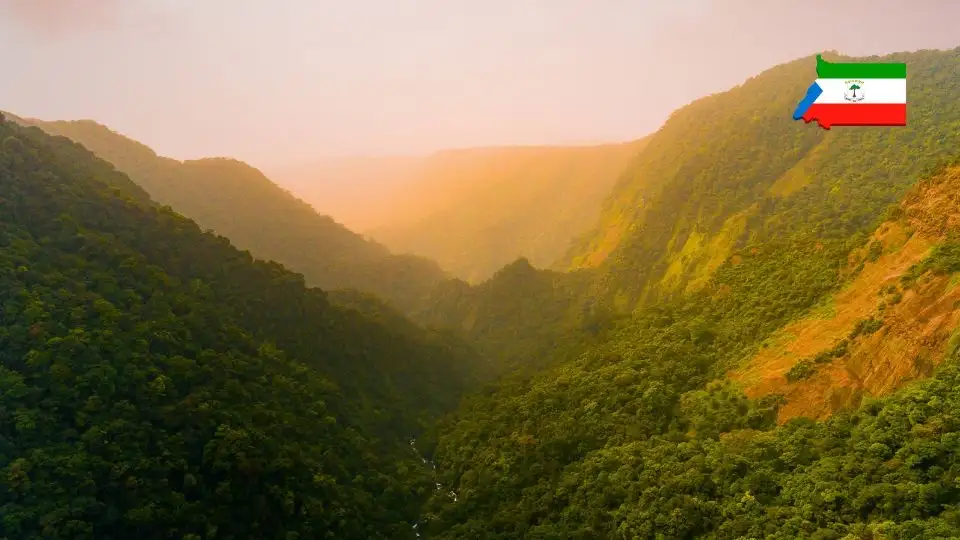
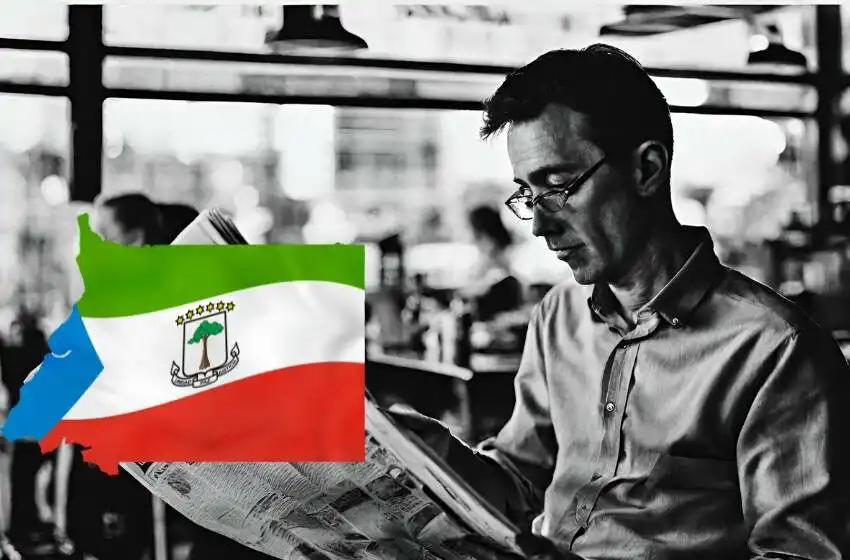
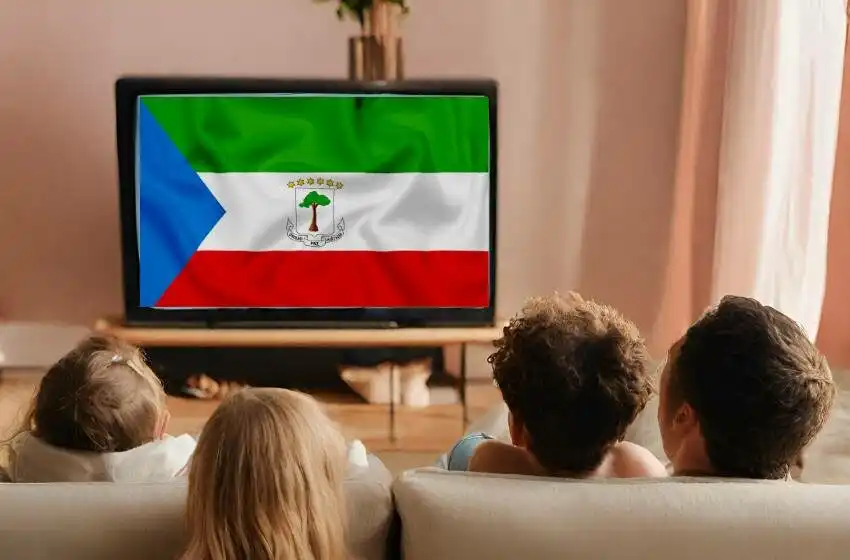
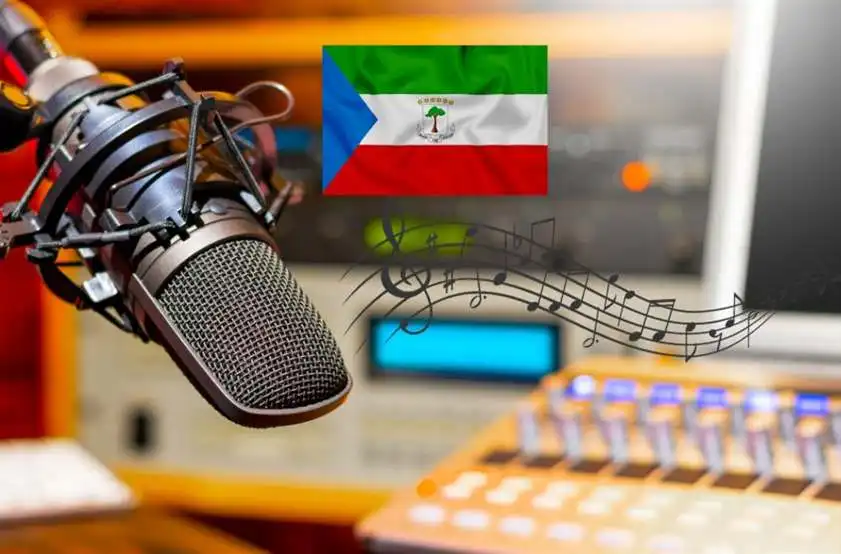
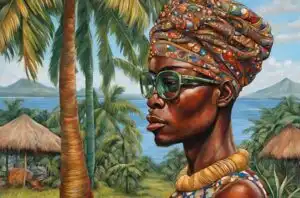
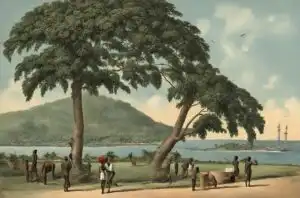
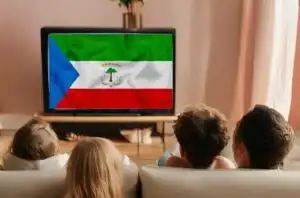
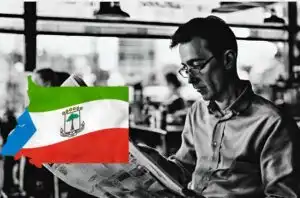
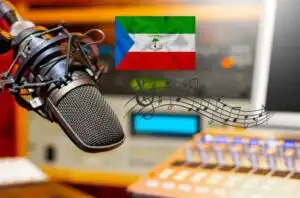
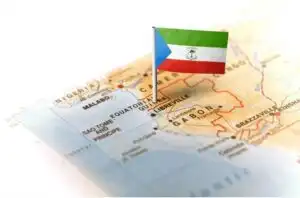
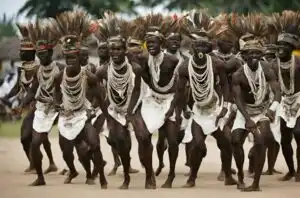
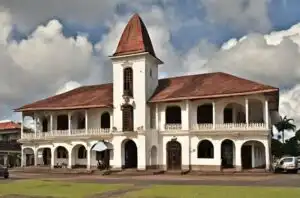
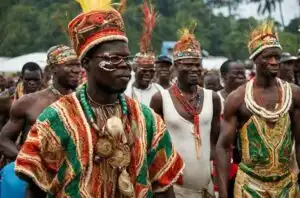
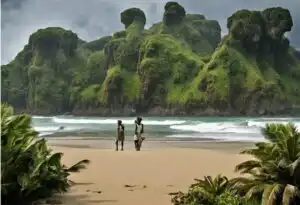
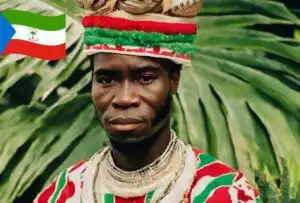

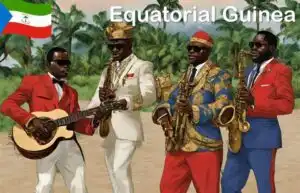
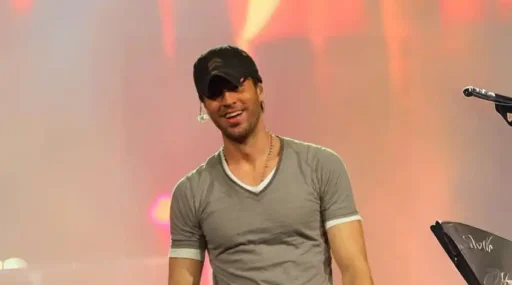


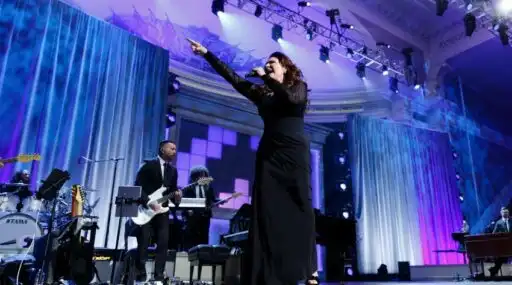
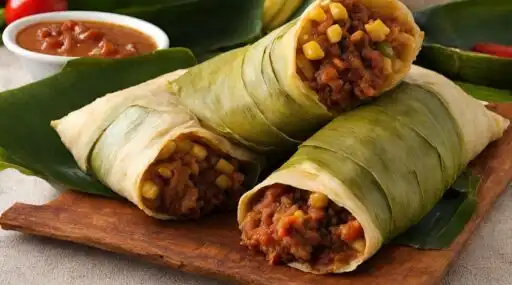
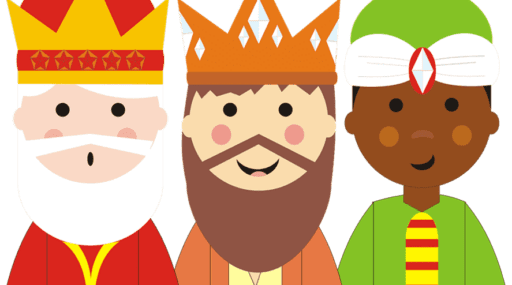
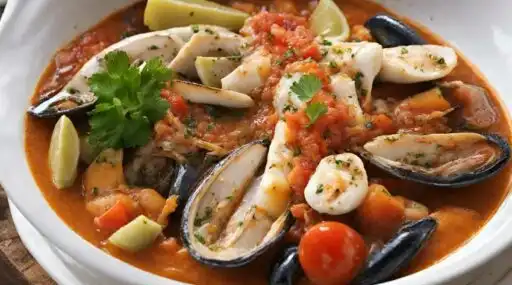


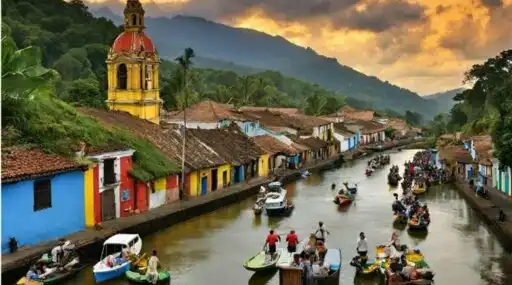
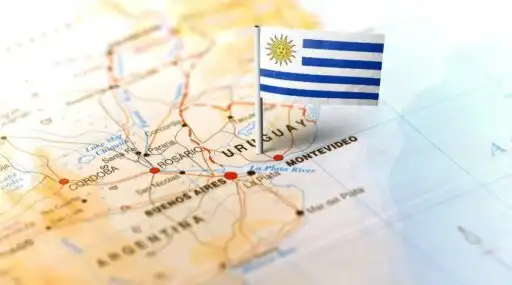

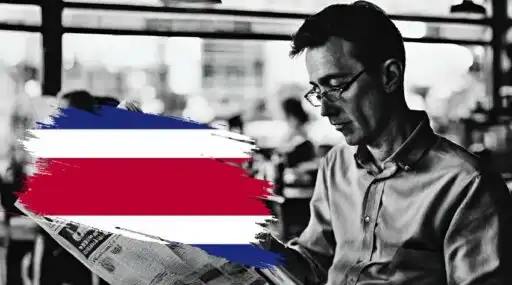

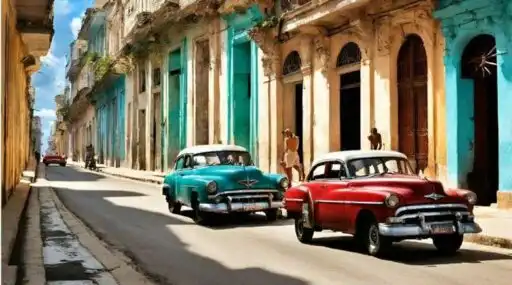
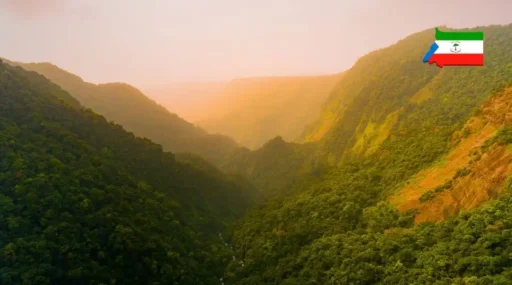
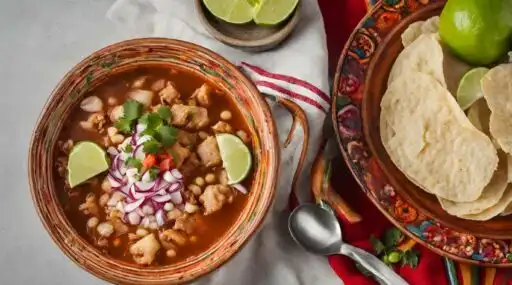
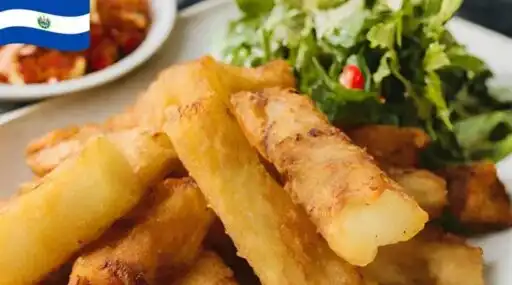
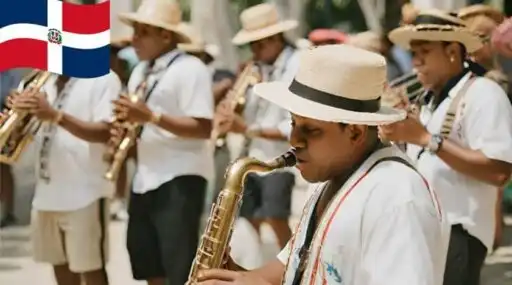
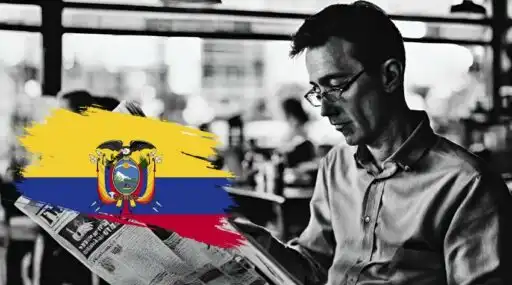

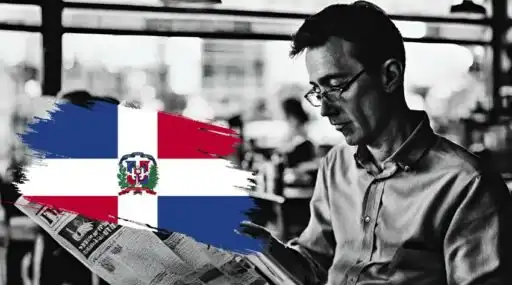



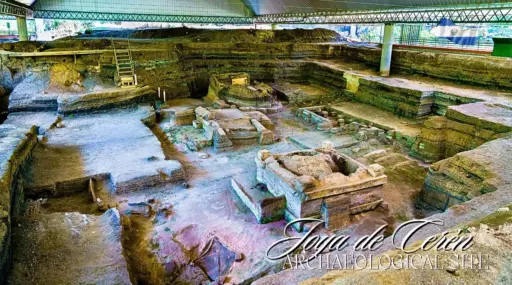
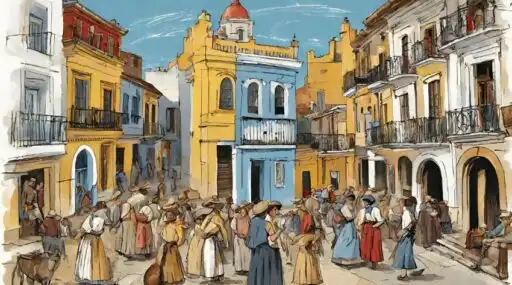


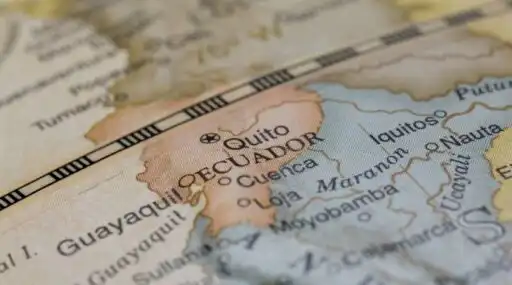
Leave a Reply